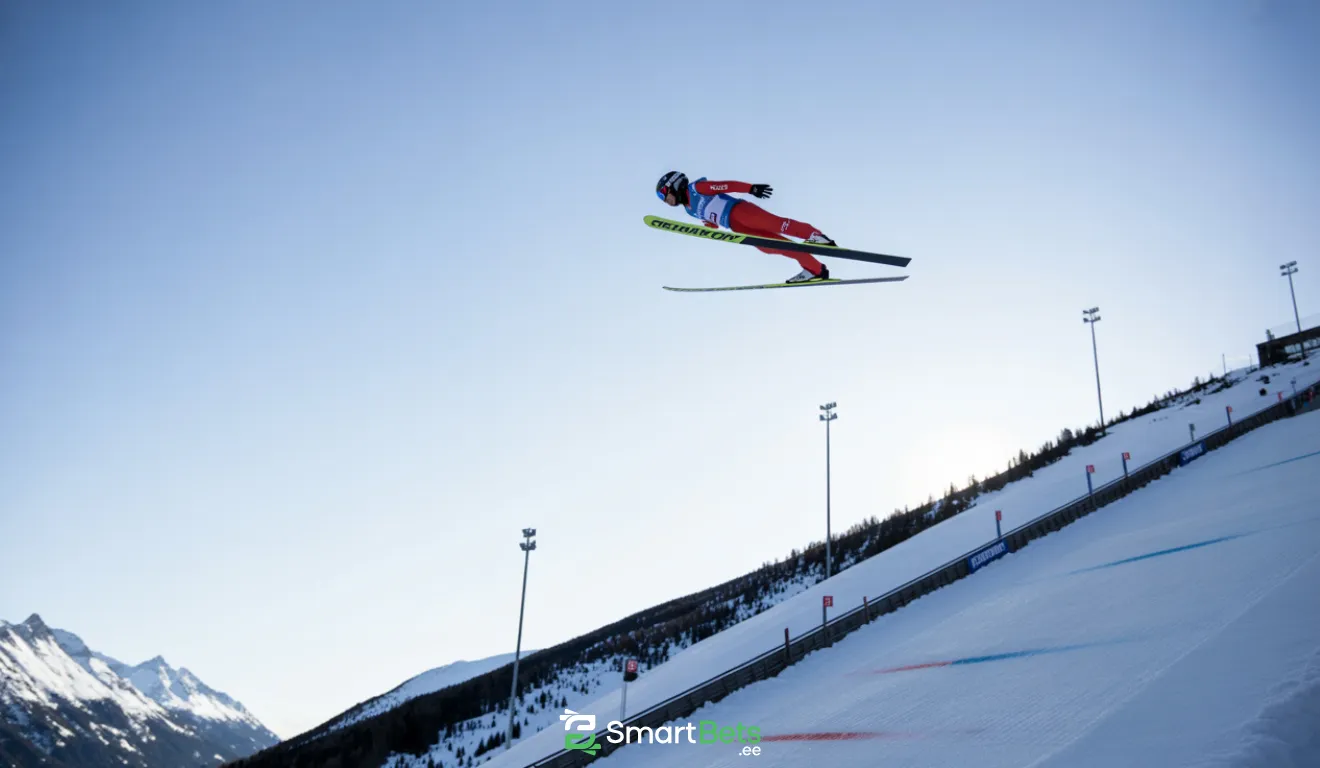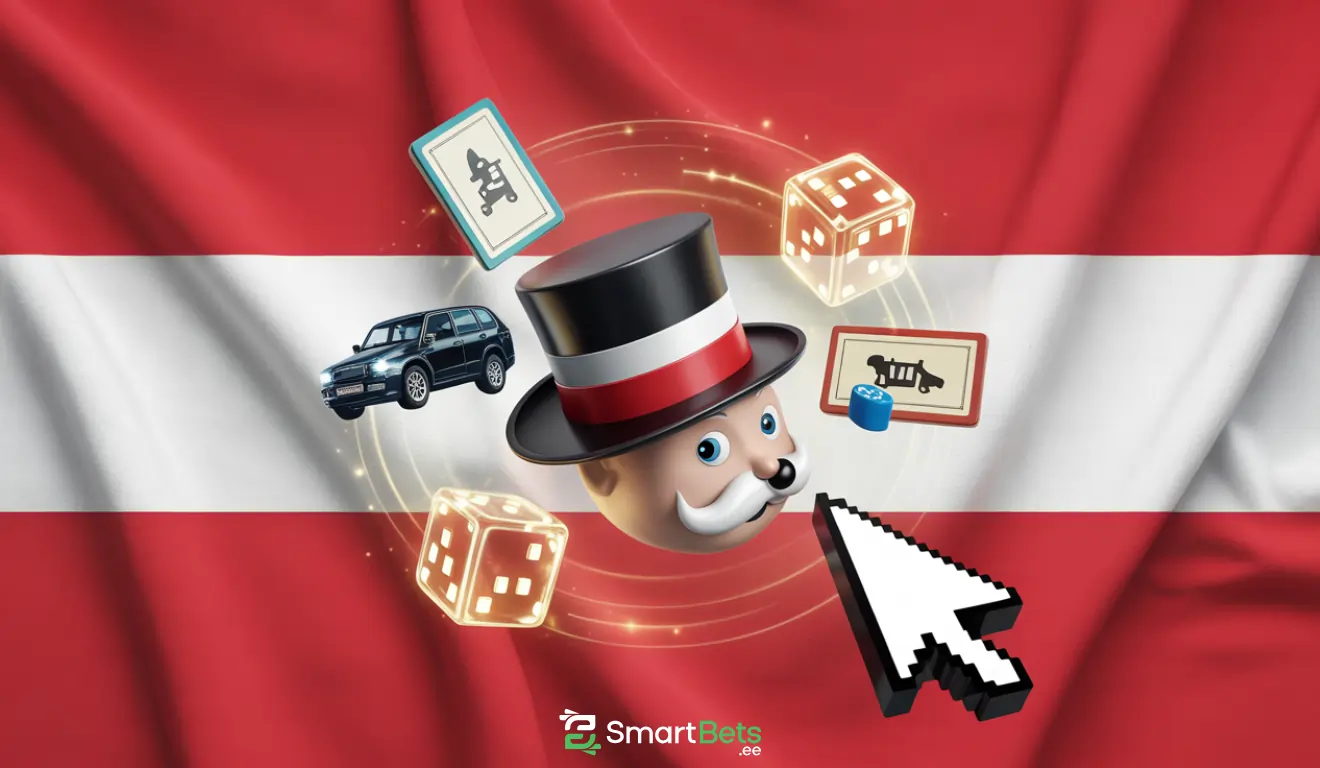Brazil bans loot boxes: new law brings strict fines and reshapes gaming market


Brazil has officially outlawed loot boxes in video games, marking a turning point for the country’s gaming industry. The law, signed by President Luiz Inácio Lula da Silva, is designed to protect children and teenagers from mechanics that resemble gambling.
What Article 20 says
Article 20 of the law prohibits loot boxes in games aimed at minors or likely to be accessed by them. This includes titles marketed to young players as well as free-to-play games that cannot adequately restrict under-18 access. Violations come with heavy penalties: fines of up to 10% of company turnover or as much as R$50 million.
Impact on major games
This regulation will force developers and publishers to rethink their business models in Brazil. Popular titles such as Counter-Strike 2, Overwatch, EA Sports FC and platforms like Roblox rely heavily on loot boxes for monetization. Now, they must either remove these mechanics or impose strict age restrictions.
Industry and player reactions
Industry voices warn that revenue may decline in the short term, but many experts argue that eliminating chance-based rewards will increase trust among players in the long run. Players themselves are divided: some welcome the ban as a step towards fairness, while others fear it limits creativity and content variety.
A global precedent?
Brazil’s decision could influence other countries considering similar measures. By directly targeting loot boxes with clear penalties, Brazil positions itself as one of the strictest regulators in the global gaming market. Whether others will follow remains to be seen.




